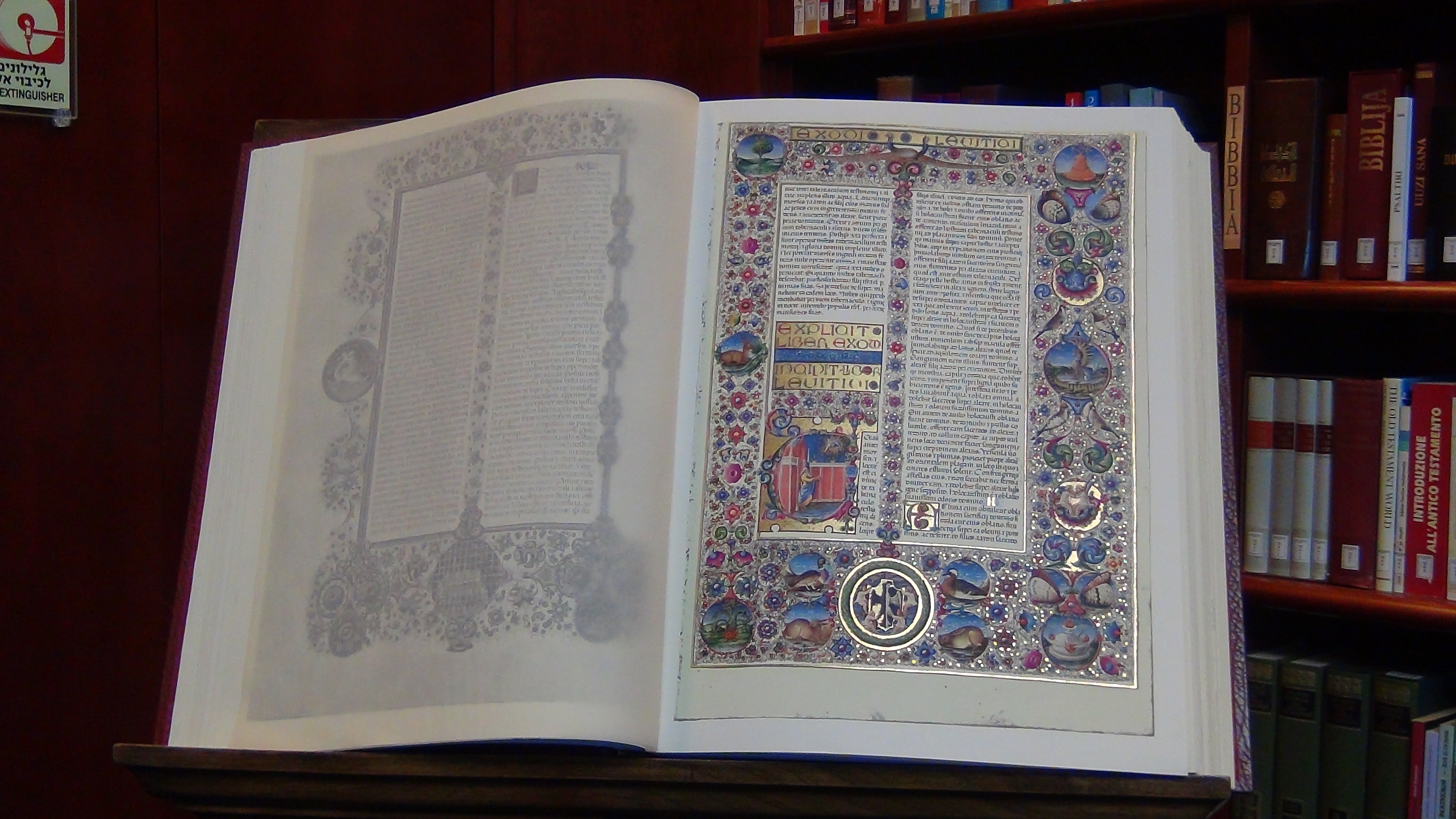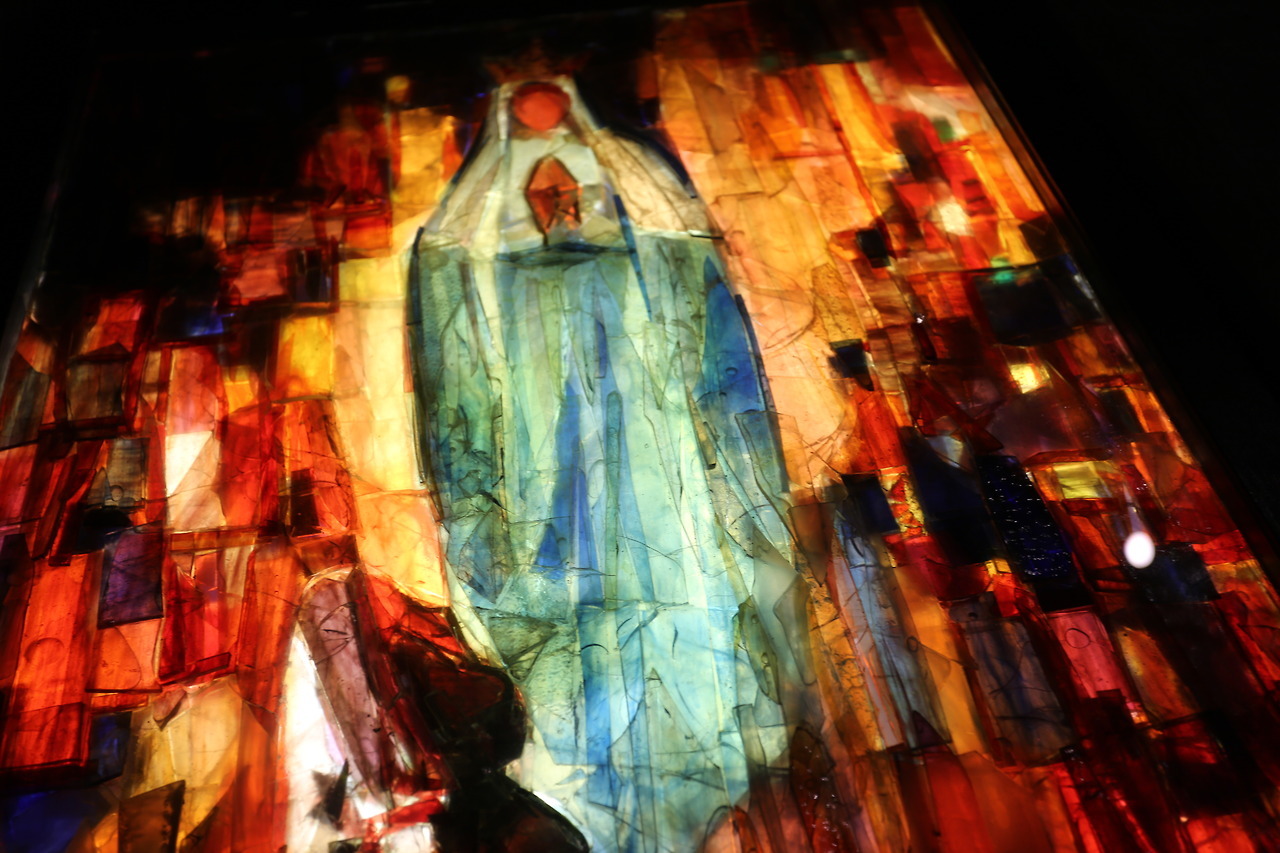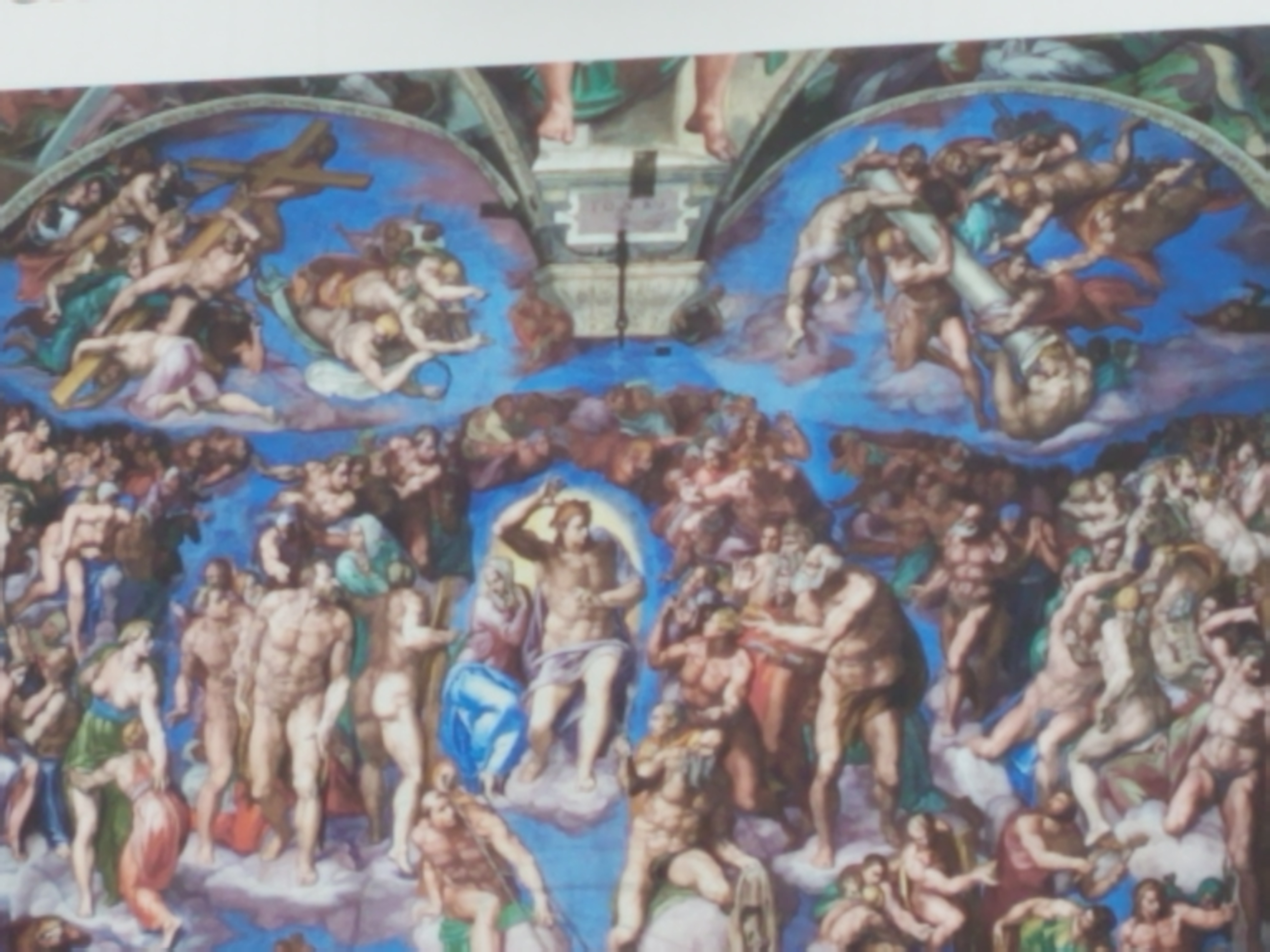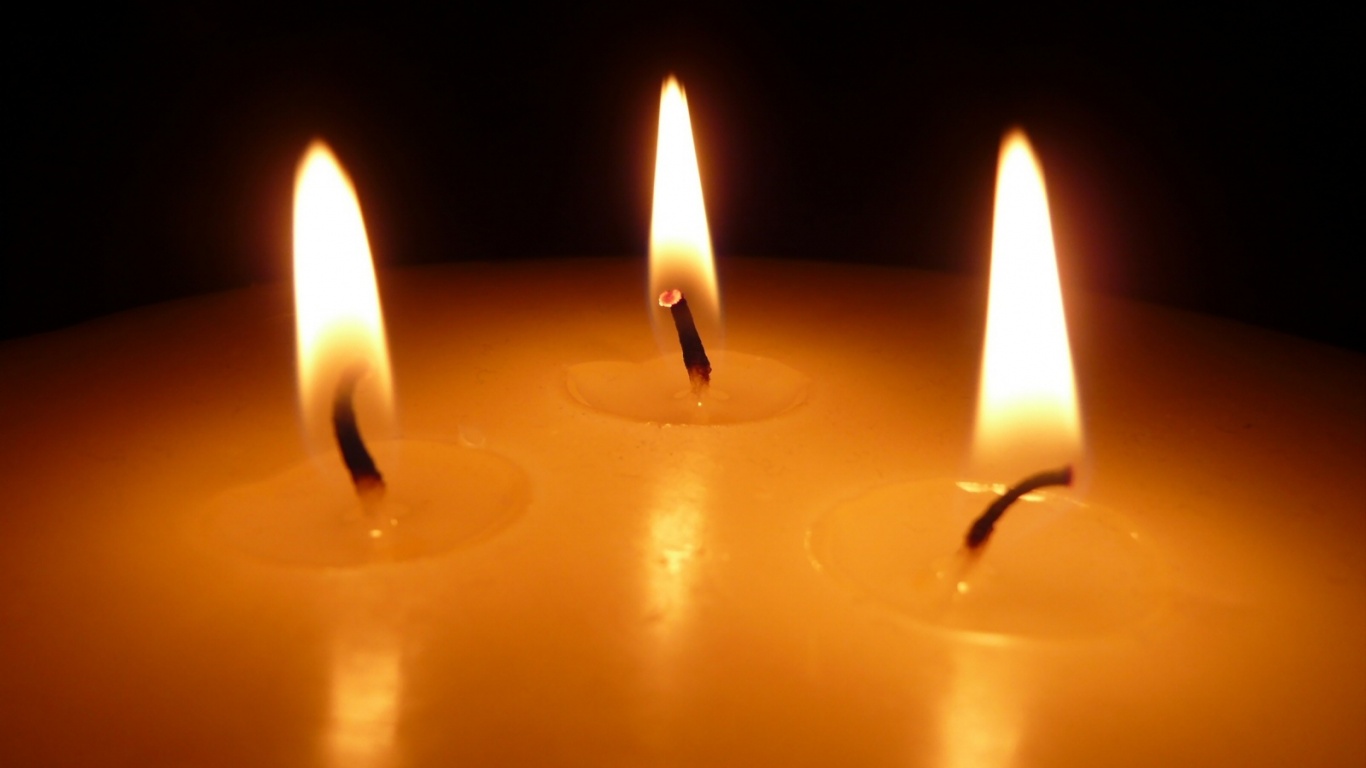Sir. 27:30-28:7; Ps 103:1-4, 9-12; Rom. 14:7-9; Mt. 18:21-35
The law of reciprocity is based on the golden rule to treat others as you would wish to be treated. Jesus is calling us to live by the law of reciprocity as Jesus lived and died for us, we are to live and die for him. God forgives us infinitely of our sins but he also calls us to live by the law of reciprocity forgiving others infinitely their “debt” as he forgives us ours. Jesus places himself at the center of forgiveness of sins between humanity.
Generally, we think of the law of reciprocity as an “equal give-and-take”. When we receive a gift, we feel obliged to offer something in return as a mutual exchange. When we have gift exchanges during the holidays, we set a gift limit dollar amount to ensure equity in the gift exchange. When someone commits a crime the justice system sets limits on the punishment phase as a just punishment for the crime. We act out of a sense of fairness that underlies the law of reciprocity.
When Peter asks Jesus “how often must I forgive”, he is thinking between human relationships. Our world however is not just between us humans, it is between us and God. Jesus binds the debt of forgiveness between humans to himself and his sacrifice for us. We owe it to Jesus to forgive others as he has forgiven us infinitely. In this we die to ourselves when we come to realize it is not about us but how we are called to serve him with all our heart, mind and soul. Jesus gave himself completely on the cross for us and we are to respond to this sacrifice in like manner giving ourselves completely to him.
Often young couples go into marriage with the idea that marriage follows the law of reciprocity as an equal 50-50 give-and-take. It does not take long to realize there is something wrong with that picture. The first few years are a battle trying to get to 50/50 and it is not working. They may even come to marriage counseling to get their spouse to live up to their expectations. Find a couple that has been married for 50 years and the “secret” is you give without counting, you forgive without recalling, and you sacrifice from your heart. Its not 50/50 but 100/100%.
One of the blessings of having children is the lesson of sacrificial love we learn from them. A child comes into a couple’s life and now both are covered with a binding sacrificial love for the child that transforms their hearts not only for the child but for each other. The mistake some will make however is placing the love of a child above the love of a spouse. Sacrificial love does not minimize nor is divided between each other and each child that is born. Sacrificial love multiples the gift of self with greater graces in that the more we give the more we receive in return.
Love humanizes us to a greater degree. Love does not imply we never get angry. Do we have a right to be angry? Yes, anger has a just purpose in life. Anger is like a fever in that the problem is not the fever but what underlies the cause of the fever. Anger is a symptom and we need to examine the cause on its merit. It moves us to speak and right action. Jesus became angry in the temple with the money exchangers. He was moved to action.
We learn that “The Lord is kind and merciful, slow to anger, and rich in compassion.” The Lord forgives us infinitely when we come to confession and seek his forgiveness but he calls us to go forth and do the same to our neighbor following the law of reciprocity what we owe to God for his mercy and forgiveness. In imitation of Christ, we too are called to be “slow to anger” recalling the Lord’s mercy on us. We are to pray, “Lord I forgive as you have forgiven me, please heal my injured heart.” He will heal us and lead us to right action.
Anger can become weaponized to turn the law of reciprocity as a right for revenge, an eye for an eye. “You hurt me thus I have a right to hurt you back”. Recall Jesus teaching, “So will my heavenly Father do to you, unless each of you forgive your brother from your heart.” When anger becomes wrath, it turns into poison that injures three, ourselves, the one we are angry at and our relationship with God. When anger becomes wrath, it turns one sinner into two wounding the hearts not just of the two but of many affected by the two. The injury is now carried by others who share the suffering.
In the law of reciprocity, the forgiveness of one also becomes multiplied by the many allowing others to share in the healing and mercy given as a gift. It spreads the love of God and his compassion helping us all become more faithful to God and his teaching. This is the work of the Spirit in the kingdom of God we are all called to serve. Justice and mercy are both acts of love of God and one remains united to the other. The Lord suffers his justice for our sins to bring us also his mercy but it cannot be without us fulfilling his commandment “to love another as I have loved you.”
Today Jesus comes fulfilling his duty to warn us, we carry a debt to God for our sins. This debt can be completely forgiven but it requires a transformation of our heart. In the mercy of God heaven will still be waiting “until we should pay back the whole debt”, a sign of purgatory for our hardness of heart or we can begin to receive the freedom of forgiveness and the glory of his kingdom now and forever. There is a choice, choose wisely.













Recent Comments